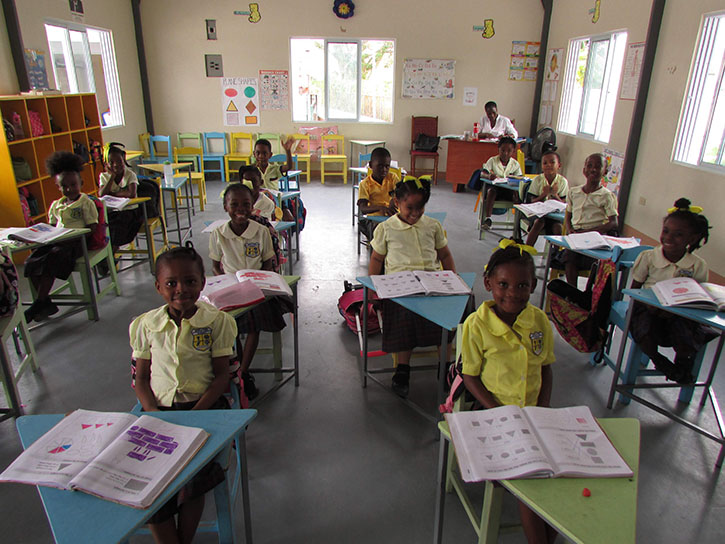Guyana has a structured and evolving education system influenced by British traditions, with free public education provided from nursery through university. Education is compulsory from ages 5 to 15, and the system includes both formal and informal types of education.
Main Types of Education in Guyana
1. Formal Education
Structured and regulated by the Ministry of Education.
a. Nursery Education (Ages 3½ – 5½)
- Also called Early Childhood Education.
- Focuses on basic literacy, numeracy, and social skills.
- Provided by public and private schools.
b. Primary Education (Ages 5½ – 11½)
- Compulsory and free.
- Lasts for 6 years.
- Ends with the National Grade Six Assessment (NGSA), which determines placement in secondary schools.
c. Secondary Education (Ages 11½ – 16+)
- Divided into lower secondary and upper secondary.
- Students take the Caribbean Secondary Education Certificate (CSEC) exams in Form 5.
- Some go on to 6th Form (Form 6) and sit Caribbean Advanced Proficiency Examination (CAPE).
d. Tertiary Education
- Includes universities, technical institutes, and teacher training colleges.
- Key institutions:
- University of Guyana
- Caribbean Advanced Proficiency College
- Technical and vocational schools
2. Technical and Vocational Education
- Offers skills training in areas like:
- Carpentry
- Welding
- Hospitality
- ICT
- Managed by the Technical and Vocational Education and Training Council (TVET).
- Available after secondary school or through community programs.
3. Informal and Adult Education
- Includes literacy programs, evening classes, and community learning.
- Targeted at adults who missed formal schooling or want to upskill.
- Often run by NGOs or government literacy projects.
4. Religious and Private Education
- Many schools are run by Christian, Hindu, and Muslim organizations.
- Generally follow the national curriculum but may include religious instruction.
- Private schools are also growing, offering alternative or enhanced curricula.
5. Distance and Online Education
- Gained importance during and after COVID-19.
- University of Guyana and some secondary schools offer online courses and blended learning.
Key Features of Education in Guyana
- Strong focus on STEM, literacy, and environmental education.
- School Uniforms are mandatory in public schools.
- Efforts are ongoing to improve access and quality in hinterland and rural communities.



